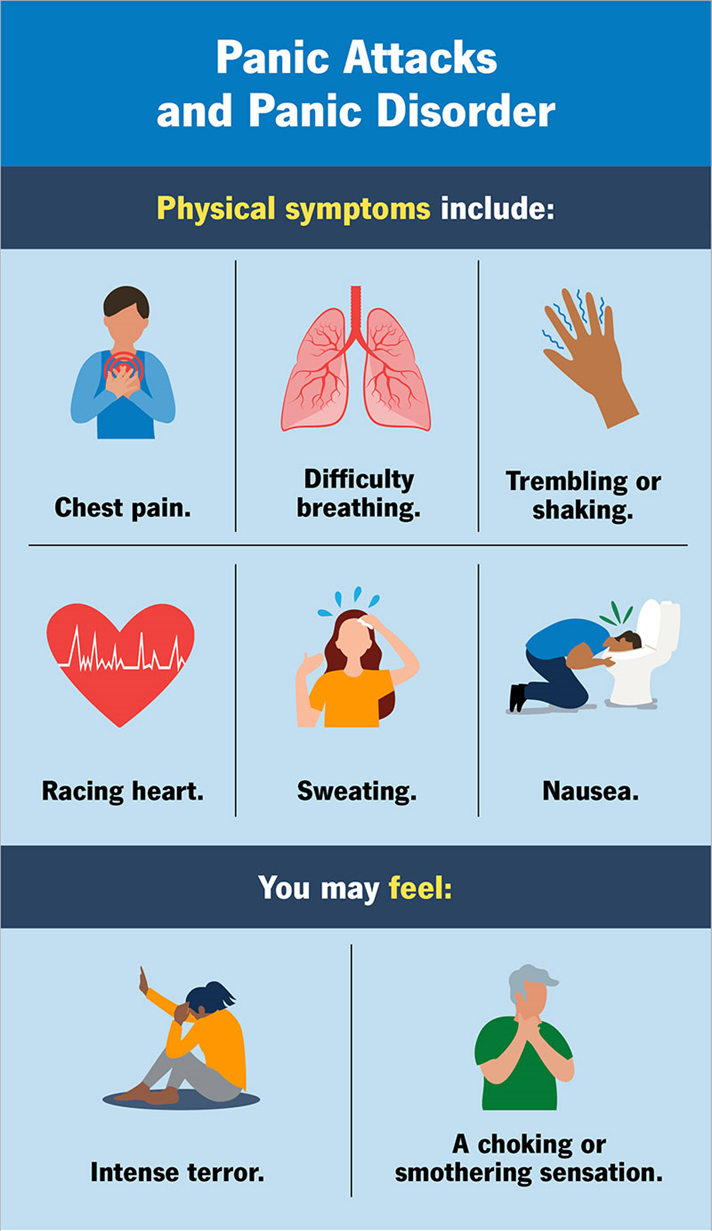Which of the following nursing strategies would be most appropriate when caring for an individual who is delusional?
Ask open-ended questions.
Focus on what is happening in the here and now.
Assume knowledge of what is meant when the client talks about “they.”
Limit contact to one or two short interactions daily.
The Correct Answer is B
Choice A Reason:
Ask open-ended questions.
While asking open-ended questions can be useful in many therapeutic settings, it may not be the best approach when dealing with delusional clients. Open-ended questions can sometimes lead to more elaborate delusional thinking and may not help in grounding the client in reality. Instead, focusing on the present moment and concrete reality can be more effective in managing delusions.
Choice B Reason:
Focus on what is happening in the here and now.
This is the correct response. Focusing on the present moment helps to ground the client in reality and can reduce the intensity of delusional thoughts. By directing the client’s attention to their immediate environment and current activities, the nurse can help the client stay connected to reality and reduce the impact of their delusions.
Choice C Reason:
Assume knowledge of what is meant when the client talks about “they.”
Assuming knowledge of what the client means when they refer to “they” can reinforce delusional thinking. It is important for the nurse to clarify and understand the client’s perspective without validating the delusion. This approach helps maintain a therapeutic relationship while not reinforcing false beliefs.
Choice D Reason:
Limit contact to one or two short interactions daily.
Limiting contact to one or two short interactions daily is not an effective strategy for managing delusions. Clients with delusions often need consistent and supportive interactions to help them stay grounded in reality. Frequent, brief interactions can provide the necessary support and reassurance without overwhelming the client.
Nursing Test Bank
Naxlex Comprehensive Predictor Exams
Related Questions
Correct Answer is B
Explanation
Choice A Reason:
Increase external stimuli.
Increasing external stimuli is not appropriate during a panic attack. Panic attacks are characterized by intense fear and anxiety, often accompanied by physical symptoms such as rapid heartbeat, sweating, and shortness of breath. Increasing external stimuli can exacerbate these symptoms and heighten the client’s distress. The goal during a panic attack is to reduce stimuli and create a calming environment to help the client regain control.
Choice B Reason:
Stay with the client and speak to them in a calm manner.
This is the correct response. Staying with the client and speaking to them in a calm manner provides reassurance and helps to ground them during the panic attack. The presence of a calm and supportive nurse can help reduce the client’s anxiety and provide a sense of safety. This approach aligns with therapeutic communication techniques and is effective in managing acute anxiety episodes.

Choice C Reason:
Allow the client to have their requested space.
While it is important to respect a client’s need for space, leaving them alone during a panic attack may not be the best approach. Clients experiencing panic attacks may feel overwhelmed and frightened, and the presence of a supportive nurse can help them feel safer and more secure. It is important to balance the client’s need for space with the need for support and reassurance.
Choice D Reason:
Review the updated problem list with the client.
Reviewing the updated problem list is not appropriate during a panic attack. This action requires cognitive engagement and focus, which the client may not be capable of during an acute anxiety episode. The priority during a panic attack is to help the client calm down and manage their immediate symptoms, not to discuss or review problems.
\
Correct Answer is C
Explanation
Choice A Reason:
This response is inappropriate as it blurs the professional boundaries between the nurse and the client. Nurses are expected to maintain a professional relationship with their clients to ensure that care is provided in an ethical and unbiased manner. Suggesting a potential future relationship can lead to misunderstandings and compromise the therapeutic relationship.
Choice B Reason:
While this response correctly states hospital policy, it does not address the underlying issue of maintaining professional boundaries. It is important for the nurse to communicate the need for a professional relationship clearly and directly. Simply citing policy may not fully convey the importance of these boundaries to the client.
Choice C Reason:
This response is the most appropriate because it clearly establishes the professional nature of the nurse-client relationship. It helps the client understand that the nurse’s role is to provide care and support within a professional framework. This clarity is essential for maintaining trust and ensuring that the therapeutic relationship remains effective and ethical.
Choice D Reason:
Although this response sets a personal boundary, it does not address the professional aspect of the nurse-client relationship. The nurse’s marital status is irrelevant to the professional boundaries that need to be maintained. It is more important to emphasize the professional nature of the relationship rather than personal reasons for declining the request.
Whether you are a student looking to ace your exams or a practicing nurse seeking to enhance your expertise , our nursing education contents will empower you with the confidence and competence to make a difference in the lives of patients and become a respected leader in the healthcare field.
Visit Naxlex, invest in your future and unlock endless possibilities with our unparalleled nursing education contents today
Report Wrong Answer on the Current Question
Do you disagree with the answer? If yes, what is your expected answer? Explain.
Kindly be descriptive with the issue you are facing.
